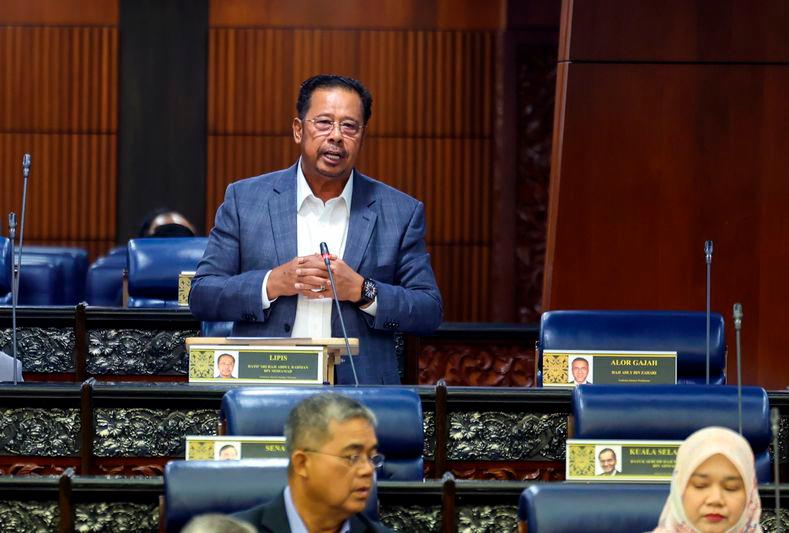KUALA LUMPUR: A total of 293,639 individuals have lost their jobs from 2020 to Sept 27 of this year, according to Deputy Human Resources Minister Datuk Seri Abdul Rahman Mohamad.
He said that the manufacturing sector has been the hardest hit, with 75,615 individuals affected, followed by the wholesale and retail sector with 43,614 job losses, and the professional, scientific, and technical activities sector, which has seen 23,907 jobs lost.
“Additionally, the information and communication technology (ICT) recorded 19,931 lay-offs; the accommodation and food and beverage service activities sector (23,124); the construction sector (21,233); the transport sector (20,953); and other sectors (65,262),” he said during an oral question-and-answer session at the Dewan Rakyat.
He said this in his reply to a question from Oscar Ling Chai Yew (PH-Sibu), regarding the skills training programmes planned by the Ministry of Human Resources (KESUMA) to enhance the marketability of graduates and local workers in the technology and Industry 4.0 sectors.
Abdul Rahman added that the ministry is dedicated to improving the marketability of graduates and workers, in alignment with current industry requirements.
He said that the statistics from the Social Security Organisation (Socso) showed that a total of 575,044 active job seekers were recorded on the MYFutureJobs Portal, from January to Sept 27 of this year, compared with 125,956 available vacancies, said Abdul Rahman.
“To address the challenge of underemployment, particularly among new graduates and local workers, KESUMA has introduced various programmes, including the training programme under the Employment Insurance System, the Future Worker Training (FWT) scheme, and the Industry 4.0 focused courses.
Additional initiatives include the Strategic Cooperation Programme and Technology Centre, as well as financing options from the Skill Development Fund Corporation (PTPK) for KESUMA skills trainees.
Meanwhile, he noted that the minimum wage increase, from RM1,500 to RM1,700 per month, effective Feb 1, 2025, does not apply to skilled and semi-skilled workers.
The wage increase will primarily impact low-level workers, such as labourers, he explained in response to Ling’s supplementary question regarding the incentive package for employers, following the decision to raise the minimum wage.









